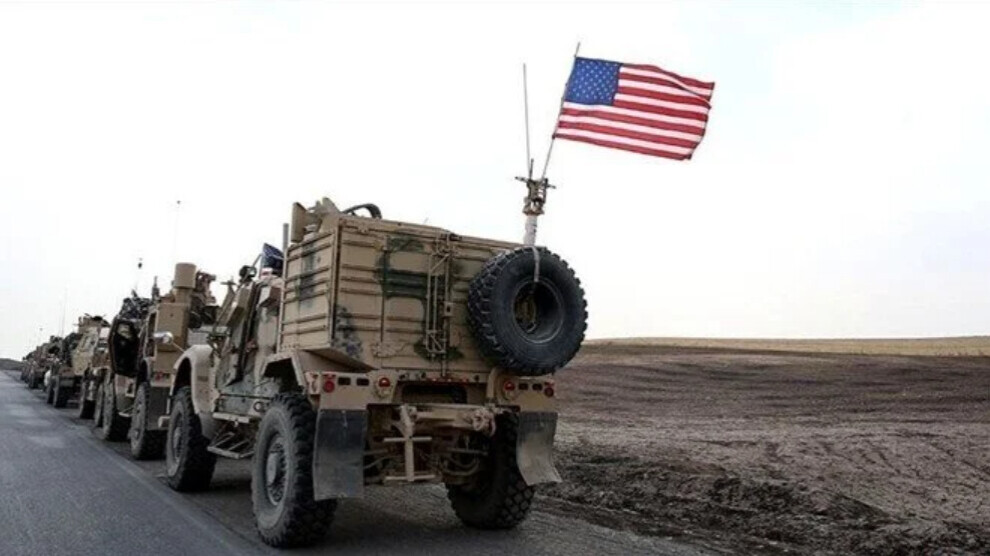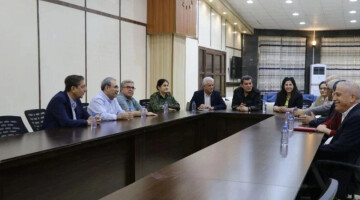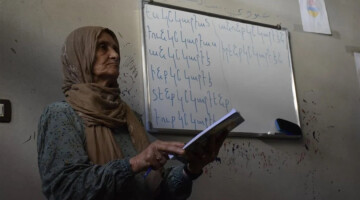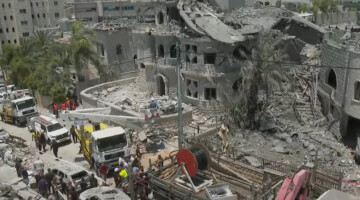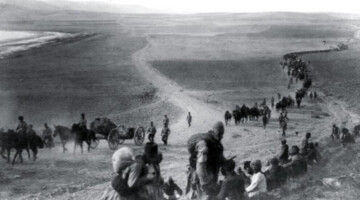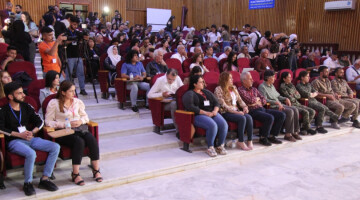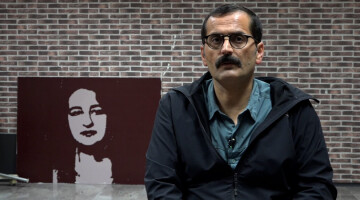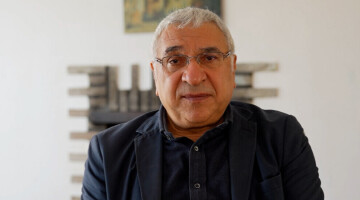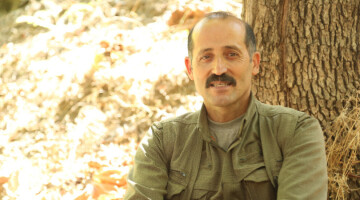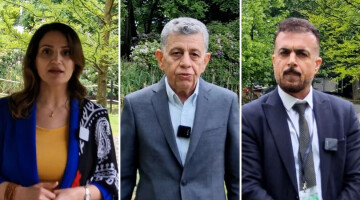There is a great humanitarian tragedy in the Gaza Strip due to the war that began with Hamas' attack on Israel. Gaza is no longer the old Gaza. It is also unpredictable where and when the Israeli attacks will stop. No mechanism has yet been found in the international arena to limit or stop the Israeli attacks. More than 26,000 Palestinians have already died in this war. Settlements and much of the infrastructure in the Gaza Strip have been destroyed. The number of victims is increasing day by day, the balance of destruction is getting heavier every day.
The Gaza war has also shaken the political balance in the region. The possibility of a regional expansion has become the main topic of the current debate. The resurgence of tensions in the Red Sea means that the Huthi in Yemen have joined the Gaza war. The conflict over the Red Sea is likely to escalate further. The Lebanese Hezbollah is also carrying out attacks against Israel. However, it cannot yet be said that the war has spread to Lebanon. The Israeli retaliatory strike against the Hamas office in the centre of Beirut, in which Saleh al-Aruri, one of Hamas' leading figures, and his entourage were killed, remained a localised operation.
On the anniversary of the commemoration of the Iranian General Qasem Soleimani, an attack was carried out in Kerman in which over 100 people were killed. Although ISIS claimed responsibility for this attack in Iran, it caused an unexpected shock effect. In return, Iran fired rockets at Hewlêr (Erbil) and killed a businessman, which led to new tensions. Iran-affiliated militias are repeatedly attacking US military bases in Iraq and Syria, sending the message that Iran will not leave the US alone. It is in Iran's interest to attack from afar and with proxy forces in order to gain psychological superiority. The most recent attack was directed against the US troops in Jordan. Three soldiers were killed in the attack, which was directly claimed by Iran and its associated forces, and represents a major challenge.
Controlled tension is being built up against the US in a wide geographical area on the fronts of Iranian-backed groups in Yemen, Jordan, Libya, Syria and Iraq. Even if these actions seem like mosquito bites, they are attacks that make the US very uncomfortable. The nature of today's wars is one of harassment, with missiles fired and airstrikes carried out at intervals, rather than all-out war on the front lines, in the air and on land. The attack in Jordan resulted in the first US army casualties since 7 October. US President Biden declared that the attack, in which three soldiers were killed and 25 wounded, had triggered a shock effect in the US. He made no secret of his surprise at the attack.
The US military base, known as Tower 22, is located near the al-Tanf military base on the Syrian border and has a strategic location. The message to be conveyed with this attack is: "We will not leave the US alone and we are capable of attacking anywhere we want." The US response to this shock attack was: "We will respond." It is currently impossible to predict where this escalation will lead in the developing regional conflicts.
While the mutual attacks and threats between the US and Iran and the war between Israel and Hamas continue and a new war front on the Red Sea looms, the news of the end of the US military presence in Iraq also points to changes in US policy for Iraq and Syria.
Given the potential impact of the current tension, and in particular the ongoing war between Israel and Hamas, on the US presidential elections that will take place at the end of the year, it is likely that there will be fine-tuning, if not fundamental policy changes in the region. The very fact that a withdrawal from the region is being discussed shows the need for a new policy.
The withdrawal of the US from Iraq and Syria would not only lead to serious problems in the fight against ISIS, but would also mean that the psychological superiority in the Middle East would be lost to Iran. This means a shift in the regional balance of power in favour of Russia and Iran. And that will, of course, have consequences.
Turkey will want to realise its long-standing ambitions to occupy and annex Rojava. Political relations are determined by the geographical areas and issues where interests coincide. The relationship between the US and the Syrian Democratic Forces (SDF) does not go beyond a tactical relationship in the context of the fight against ISIS. To describe it as a strategic friendship would be an exaggeration. The US will be present in Syria for as long as its own national interests allow. If it is not in their interests, there is no reason for them to stay. In fact, the decision to leave Syria was made in the Trump era and a partial withdrawal took place. With the 2024 presidential elections and a possible change of power, US policy on Syria could change again. Another invasion by Turkey could also be on the agenda.
Turkey will continue to be a thorn in the side of the region under Erdoğan's rule. It will continue to deepen the hostility in its Kurdish policy. Just as in the north and south of Kurdistan, there are also plans for the destruction of Rojava. The fact that the US is not taking a convincing stance on the Turkish airstrikes has been repeatedly addressed by representatives from Rojava. The Turkish state's attempts to occupy and annex Rojava are doomed to lead to a dead end in the long term, as the saying goes “Sow the wind and reap the whirlwind.”
Efforts to find a solution and normalise relations with Damascus are being blocked by the Turkish state. In any case, it is necessary for the Democratic Autonomous Administration in Rojava to prepare for all possible options. It must demonstrate a structure of will that can withstand all conditions, including the destruction of the economic infrastructure. In order to maintain the current autonomous status, all alternative options for struggle must be considered. Politics throughout the region is highly unpredictable. For this reason, approaches and relationships that require much more sensitivity and sensibility are gaining in importance.
It is the people's components that will determine developments and set the final point. Those who rely on the organisational structure of the people will always win.

